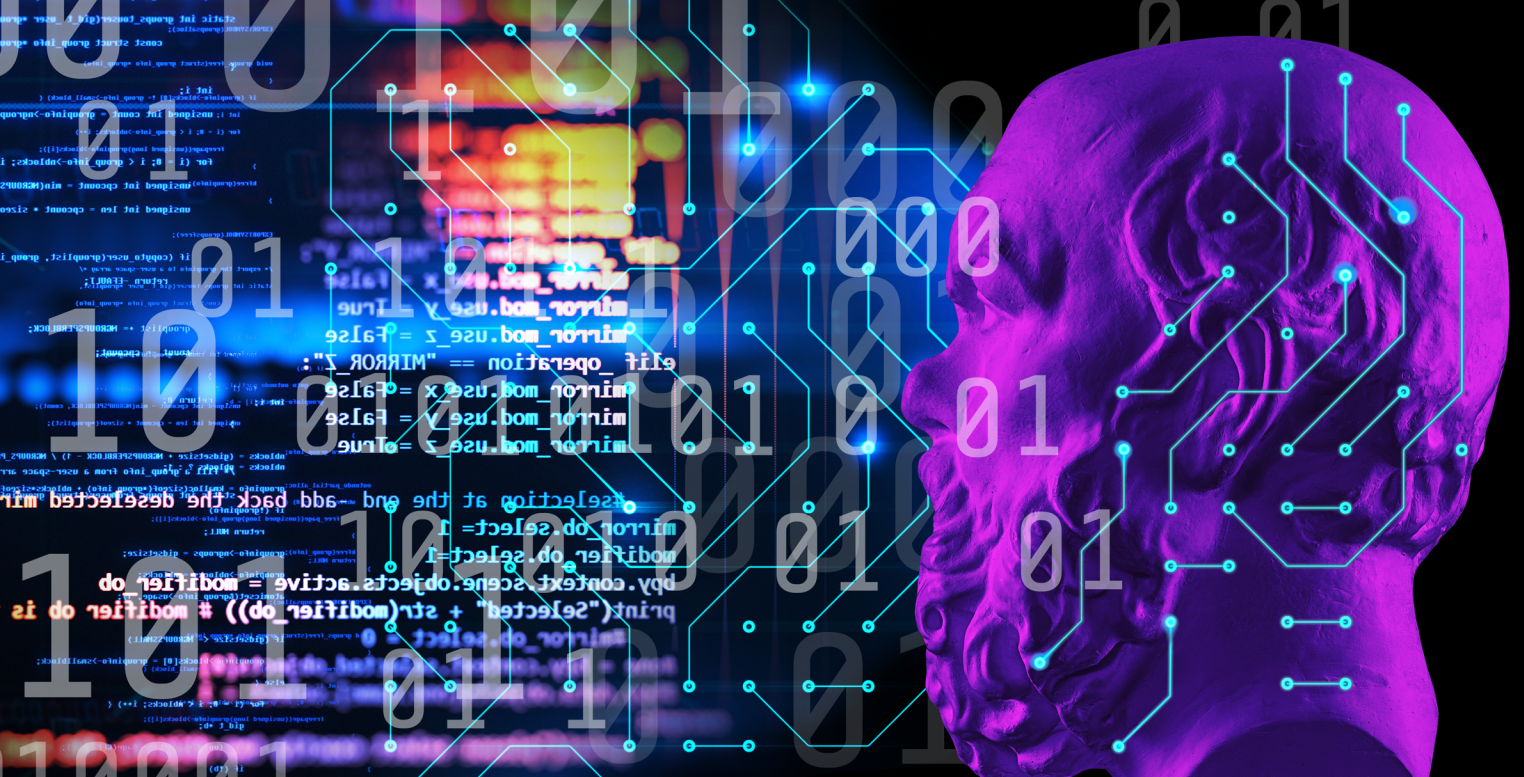In the digital age, cybersecurity has become increasingly important as the rise of cybercrime and data breaches continues to threaten personal data. With the prevalence of technology in our daily lives, it is essential to understand the importance of protecting sensitive information from theft and damage. Cybersecurity is necessary to safeguard personally identifiable information, financial data, and other sensitive information from cybercriminals. As such, individuals, businesses, and governments must take proactive steps to protect their online information from cyber attacks.
The potential consequences of cyber attacks can be severe and far-reaching. Cybersecurity breaches can lead to the theft of personal, financial, and medical information, resulting in significant financial losses and damage to one’s reputation. Cyber attacks can also disrupt businesses and government operations, leading to the loss of sensitive information and intellectual property. Therefore, it is crucial to prioritize cybersecurity to prevent these potential consequences.
To protect personal data from cyber attacks, individuals can take various measures, such as using strong passwords, enabling multifactor authentication, and updating software regularly. Businesses and governments can also implement strategies like using firewalls and encryption to safeguard their data. Additionally, understanding the importance of data protection and privacy can help individuals and organizations make informed decisions to secure their data. By taking proactive steps to protect sensitive information, we can mitigate the risks of cybercrime and data breaches in the digital age.
Best practices for safeguarding personal data online
In today’s digital age, it is crucial to take steps to safeguard personal data online. One of the best practices for protecting personal data is creating and managing strong passwords. Using a password manager to generate and store unique passwords is an effective way to ensure that passwords are strong and not easily guessable. Reusing passwords across multiple accounts is a common mistake that can weaken cybersecurity. Implementing safer and more secure passwords can help protect accounts and networks from attackers . Creating passwords with at least 12 characters and using a combination of uppercase and lowercase letters, numbers, and symbols can increase their strength.
Two-factor authentication and biometric verification are additional security measures that can be used to protect personal data. Two-factor authentication requires two steps to log in to an account, such as entering a password and then entering a code sent to a mobile device or email. Multi-factor authentication requires two or more credentials to log in to an account, such as a password and a fingerprint scan . Using these methods can add an extra layer of security to accounts and help prevent unauthorized access.
Regularly updating software and security systems is another important step to keep personal data safe. Turning on automatic updates for devices and web browsers can ensure that security patches and updates are installed promptly. Additionally, being cautious with links and attachments in emails and looking for privacy indicators on websites can help prevent phishing attacks and keep personal data secure. By following these best practices, individuals can take control of their cybersecurity and protect their personal data from potential threats.
Additional steps to enhance cybersecurity
In addition to basic cybersecurity measures such as creating strong passwords and avoiding suspicious links and attachments, there are additional steps individuals can take to enhance their digital security. One such step is to use a Virtual Private Network (VPN) when accessing the internet. A VPN encrypts internet traffic and hides the user’s IP address, making it more difficult for hackers to intercept and steal personal information. Additionally, individuals should avoid using public Wi-Fi networks whenever possible, as these networks are often unsecured and can be easily hacked. By using a VPN and avoiding public Wi-Fi, individuals can significantly reduce their risk of cyber attacks and protect their personal data.
Another way to enhance cybersecurity is to limit the amount of personal information shared online. This can include avoiding oversharing on social media, being cautious when using free Wi-Fi networks, and checking to see if a website is secure before entering personal information. Additionally, individuals can protect their personal information by using strong passwords and changing them regularly. By taking these additional steps to enhance cybersecurity, individuals can better protect themselves from cyber attacks and safeguard their personal data.
It is important to remember that cybersecurity is an ongoing process and requires constant vigilance. Regularly updating software and turning on multifactor authentication can also help to keep personal data safe. By following these tips and staying informed about the latest cybersecurity threats, individuals can take control of their digital security and protect their personal information from cybercriminals.
What to do if personal data is compromised
Discovering that your personal data has been compromised can be a stressful and overwhelming experience. However, there are immediate steps you can take to mitigate the damage. First, change all passwords associated with the compromised accounts and enable two-factor authentication wherever possible. Next, notify the appropriate authorities, such as law enforcement or the company responsible for the breach. It is also important to monitor all financial accounts and credit reports for any suspicious activity. By taking immediate action, you can limit the potential damage caused by the breach and protect your personal information.
Following a data breach, it is important to contact all financial institutions and credit bureaus to inform them of the situation and to request a freeze on your accounts. This will prevent any unauthorized access to your accounts and will help to prevent further damage to your credit score. Additionally, it may be necessary to seek legal assistance if the breach has resulted in significant financial or personal harm. An attorney can help you navigate the legal implications of the breach and advise you on your options for seeking compensation.
In order to prevent future data breaches, it is important to take proactive steps to protect your personal information. This includes using strong, unique passwords for each account , enabling two-factor authentication wherever possible , and avoiding security questions that rely on easily accessible personal information. Additionally, it is important to regularly update all software and devices to ensure that any security vulnerabilities are addressed. By following these best practices, you can help to protect your personal data and prevent future breaches.










